Coffee Grounds Overload?
lonmower
12 years ago
Featured Answer
Sort by:Oldest
Comments (44)
Laurel Zito
12 years agoRelated Professionals
Maple Valley Landscape Architects & Landscape Designers · Brooklyn Park Landscape Contractors · Canby Landscape Contractors · East Patchogue Landscape Contractors · Ellensburg Landscape Contractors · Holland Landscape Contractors · Laguna Hills Landscape Contractors · Madera Landscape Contractors · Parker Landscape Contractors · Roswell Landscape Contractors · Sammamish Landscape Contractors · San Bruno Landscape Contractors · Waltham Landscape Contractors · Wells Landscape Contractors · Dracut Decks, Patios & Outdoor Enclosuresjoepyeweed
12 years agotoxcrusadr
12 years agolonmower
12 years agoLaurel Zito
12 years agojoepyeweed
12 years agolonmower
12 years agojoepyeweed
12 years agoLloyd
12 years agotoxcrusadr
12 years agojolj
12 years agoLloyd
12 years agojoepyeweed
12 years agobi11me
12 years agoLaurel Zito
12 years agoLloyd
12 years agojoepyeweed
12 years agoKarchita
12 years agoLaurel Zito
12 years agojoepyeweed
12 years agoKarchita
12 years agoKimmsr
12 years agolonmower
12 years agoLloyd
12 years agoLaurel Zito
12 years agobi11me
12 years agoKarchita
12 years agoLaurel Zito
12 years agojrmckins
12 years agoLaurel Zito
12 years agoleira
12 years agojolj
12 years agolonmower
12 years agotoxcrusadr
12 years agoPaul Collyer
8 years agoJon Biddenback
8 years agotoxcrusadr
8 years agotoxcrusadr
8 years agoJon Biddenback
8 years agojolj
8 years agoBill Brooks
4 years agojolj
4 years agopurslanegarden
4 years ago
Related Stories

DECORATING GUIDESNo Neutral Ground? Why the Color Camps Are So Opinionated
Can't we all just get along when it comes to color versus neutrals?
Full Story
BASEMENTSBasement of the Week: Clever Details Update a Below-Ground Lounge
Lower-level design reaches new heights with rearranged ductwork, lighting, a new ceiling and modern styling
Full Story
CONTEMPORARY HOMESHouzz Tour: A Brave Addition Breaks New Ground
An Edwardian cottage gets a radical renovation with a dynamic deck that wraps a couple and 2 children in style
Full Story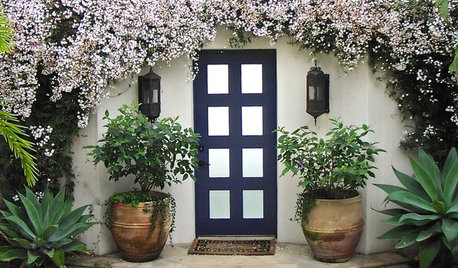
FEEL-GOOD HOMETap Into Your 5 Senses to Find More Peace at Home
Counteract screen overload and stress by rediscovering basic ways to enjoy life
Full Story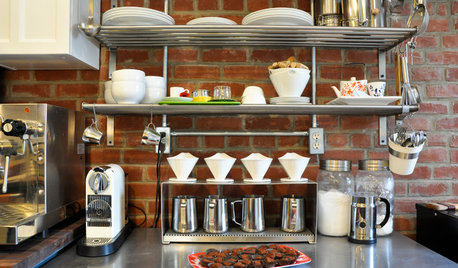
KITCHEN DESIGNSimple Pleasures: Wake Up and Smell the Coffee
Slugging down any old sludge while pulling on socks is no way to start the day. Learn to brew amazing java and savor the experience here
Full Story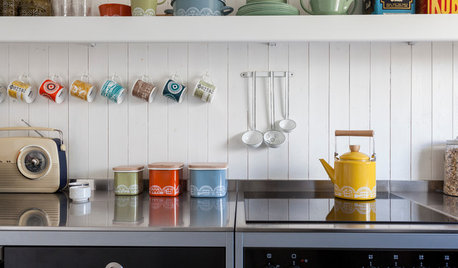
LIFEHow Do You Make Your Tea and Coffee in the Morning?
A morning cup is a must for many, and preparation comes in many guises. We look at coffee and tea habits across the Houzz community
Full Story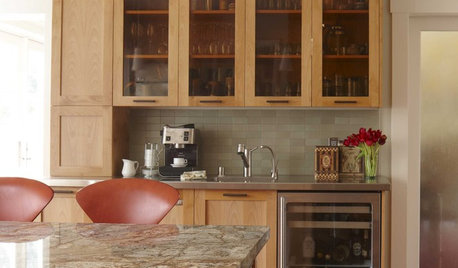
KITCHEN DESIGNCoffee Bars Energize Any Room
Love coffee? Wake up to these great designs for a café-style area in the kitchen, guest room and even bathroom
Full Story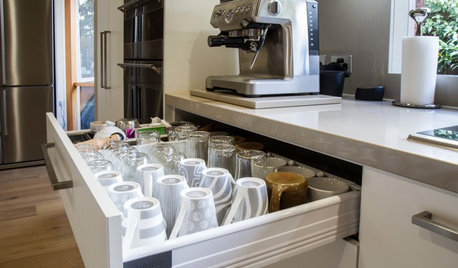
KITCHEN DESIGNToday’s Coffee Stations Have All Kinds of Perks
Some of these features are so over the top that they will give you a jolt
Full Story
PRODUCT PICKSGuest Picks: Captivating Coffee Table Accessories
Set out these quirky or colorful pieces and watch your coffee table become the center of attention
Full Story








bi11me